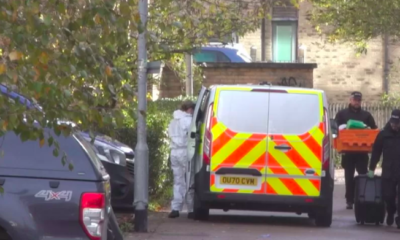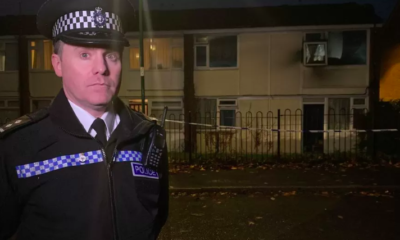
Campaigners have launched a super-complaint against the police over their approach to stalking.
Officers, according to the National Stalking Consortium, aren’t protecting victims, properly investigating crimes, or identifying offenders.It added that a charge is filed in only 5% of cases of stalking in England and Wales.Better training is required so that officers can “do the right thing,” according to Clive Ruggles, whose daughter Alice was killed by an ex-boyfriend who was stalking her.Despite a government recommendation, a BBC Breakfast Freedom of Information request revealed that four English police departments out of 28 that responded do not have a single contact for stalking.14 of the responding forces had more than one, exceeding the minimum requirement.The super-protest, a component that permits associations to feature unsafe examples or patterns in policing, is being welcomed 10 years on from a change to the law that made following a particular offense.The consortium, which consists of 21 knowledgeable individuals and organizations, argues that the police frequently treat incidents as lower-level crimes like malicious communications or criminal damage and fail to recognize patterns of behavior.Campaigners have stated that they are “highly concerned” about the fact that reports of stalking are not properly investigated, that officers mistakenly believe there is insufficient evidence, and that stalking protection orders are not utilized sufficiently.According to Suky Bhaker, chief executive officer of the Suzy Lamplugh Trust, which established the consortium, “at every step of their journey to justice,” a significant number of stalking victims are being let down by the police and the courts.She stated, “Failure to identify and investigate stalking at the earliest possible opportunity results in an increasing risk of the victim suffering physical and psychological harm.”She also expressed the hope that the super-complaint would result in suggestions for enhancing the police response to stalking.A watchdog will decide if the super-complaint is worthy of investigation after it is submitted.Trimaan Dhillon, her former soldier boyfriend, murdered Alice Ruggles, 24, in Gateshead in 2016 after breaking into her apartment and cutting her throat.Northumbria Police and the Army failed to properly address signs of L/Cpl Dhillon’s jealous and obsessive behavior, according to a review conducted after her death.”I think she was paid attention to by a portion of the police there and the person on call [who] came round was ridiculously doing his most extreme to help,” he said.





































































































































































































































































































































































































































































































































































































































































































































RSS